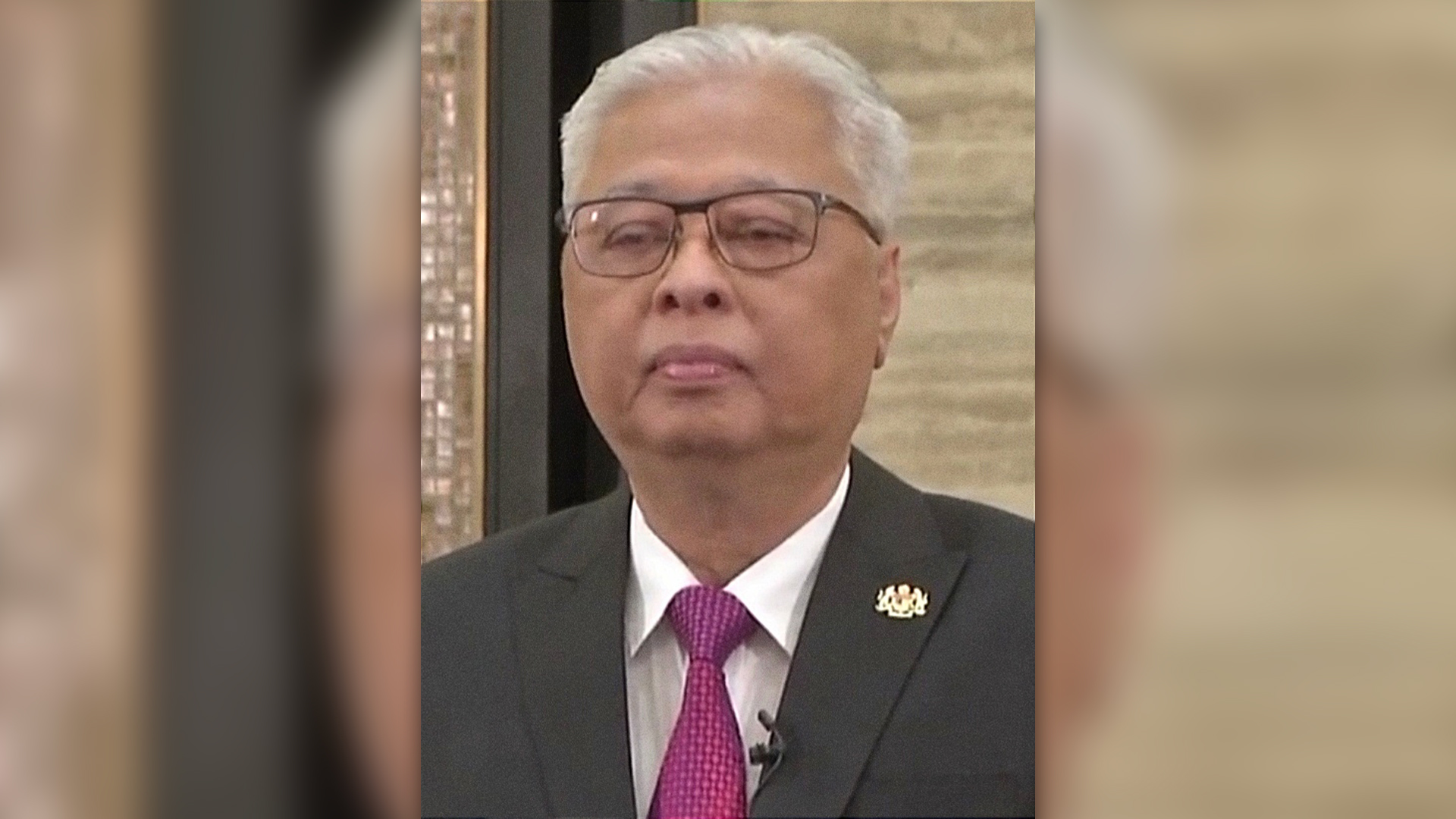KUALA LUMPUR (Parliament Politics Magazine) – Ismail Sabri Yaakob, the prime minister of Malaysia, has urged for an early election in an effort to solidify his party’s support and stabilise the nation’s turbulent political climate that has been festering in the country for over the past four years.
The hurry for an election by the ruling party comes as the economy, which is still recuperating from the Covid pandemic, has started to feel the pressure of increased costs and a slowdown that is observed in the global economy.
The next scheduled election was not until September 2023, but due to internal strife, Ismail has come under growing pressure from some members of his ruling coalition to hold the ballot sooner due to internal disputes.
Ismail stated in a televised speech that the monarch of the nation had granted his request of dissolving the parliament on Monday and that the election commission will set a date for the vote. Elections must be held within a period of 60 days of parliament’s dissolution. If the election date falls during the year-end monsoon season, voter turnout may be affected.
Ismail claimed that by calling for the election, he hoped to put an end to concerns about the legitimacy of his administration and give the people’s will once again.
“The people’s mandate is a powerful antidote for the country to manifest political stability and create a strong, stable and respected government after the general election,” Ismail said.
The election commission did not comment on the matter immediately.
Malaysia has been plagued by political unrest since the last election in 2018, which saw the opposition defeat the United Malays National Organisation (UMNO) party, which has ruled for over 60 years since independence, because of widespread charges of corruption.
But a power struggle inside the victorious coalition caused it to disintegrate after two years, bringing UMNO back to power in a new coalition.
Since the 2018 elections, there have been three prime ministers in Malaysia.
Ismail, who took office in August 2021, will have served as prime minister for the shortest time in Malaysian history after the parliament was dissolved.
To capitalise on what they perceive as a positive mood toward them and to create a more solid ruling coalition, his UMNO party called for early elections.
Recently, in March, UMNO triumphed in state-level elections, taking back control of the southern state of Johor from the opposition that had prevailed in 2018.
Ismail was announced as the UMNO’s prime minister candidate in April, but it wasn’t clear if all that support will still be behind him.






